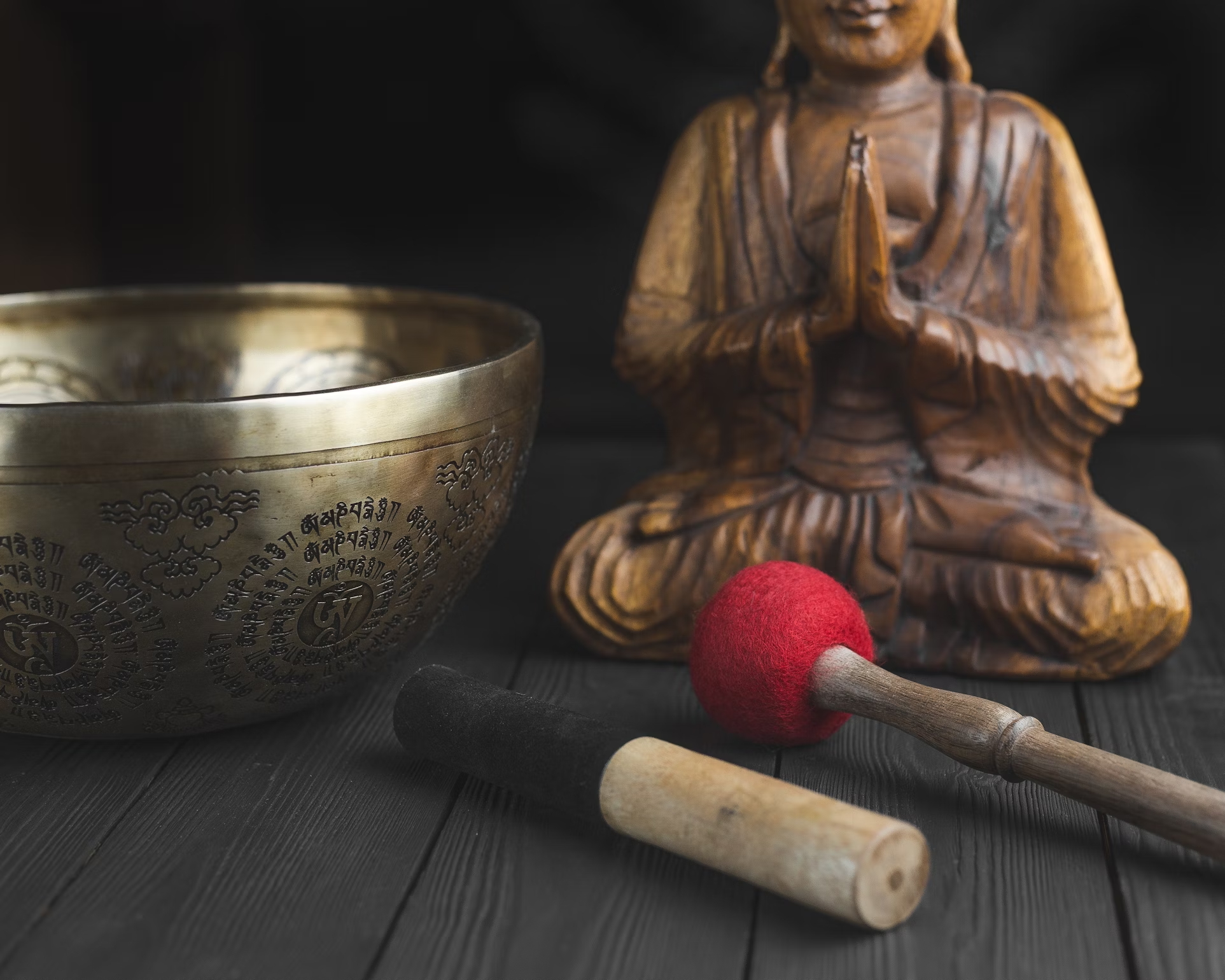
Healing is more than just a physical process; it is a journey that involves the mind, body, and spirit. The art of healing combines medical science with emotional and psychological care to restore balance and promote well-being. This article explores how healing works, its different forms, and how individuals can support their recovery.
Healing as a Holistic Process
Healing involves more than treating symptoms. It requires looking at the whole person. Physical injuries or illnesses affect more than the body; they impact emotions and mental health. For example, chronic pain can lead to anxiety or depression. Effective healing acknowledges these connections and addresses them together.
In recent years, holistic approaches have gained attention because they consider the entire person. These methods combine traditional medicine with mindfulness, counseling, and nutrition therapies. By addressing emotional and mental needs, healing becomes more complete and lasting. Mastering the art of healing.
The Role of the Mind in Healing
The mind has a powerful influence on the healing process. Stress and negative thoughts can slow recovery by weakening the immune system. Conversely, positive emotions and a hopeful mindset can accelerate healing. Scientific research has well documented this connection between mind and body.
Meditation and guided imagery help patients focus their minds and reduce stress. These techniques can improve pain management and promote faster recovery. Patients who engage actively in their healing process often report better outcomes and higher satisfaction with treatment.
Traditional and Modern Healing Methods
Healing methods vary widely across cultures and medical systems. Traditional healing may include herbal medicine, acupuncture, or spiritual rituals. Modern medicine focuses on surgery, pharmaceuticals, and physical therapy. Both approaches have strengths and can complement each other.
Integrative medicine blends traditional and modern techniques to offer personalized care. For instance, a patient recovering from surgery might receive physical therapy, acupuncture, and counseling. This combination can reduce pain, improve mobility, and enhance emotional well-being.
Supporting Your Healing Journey
Individuals play a key role in their healing. Lifestyle choices such as diet, exercise, and sleep profoundly affect the body’s ability to repair itself. Eating nutrient-rich foods supplies the necessary building blocks for healing. Regular physical activity encourages circulation and strengthens muscles, aiding recovery.
Sleep is crucial for healing because it allows the body to rest and regenerate. Poor sleep can delay recovery and increase vulnerability to illness. Developing healthy sleep habits and managing stress are vital steps in supporting healing.
The Importance of Connection and Support
Healing is rarely a solitary process. Emotional support from family, friends, and healthcare providers can make a significant difference. Feeling understood and cared for reduces feelings of isolation and helps build resilience.
Support groups and counseling services provide safe spaces to share experiences and learn coping strategies. This social aspect of healing enhances emotional strength and encourages positive behavior changes. It reminds people they are not alone in their struggles.
Embracing Patience and Acceptance
One of the most complex parts of healing is patience. Recovery often takes time, and setbacks are common. Accepting these realities can prevent frustration and promote perseverance.
Mindfulness practices encourage acceptance of the present moment, including pain or discomfort. This acceptance reduces emotional suffering and helps individuals focus on gradual progress. Healing is not always linear, but persistence leads to meaningful improvement.
The art of healing involves understanding the complex relationship between body, mind, and spirit. It requires a holistic approach integrating medical treatment with emotional care and lifestyle changes. By embracing patience, seeking support, and actively participating in their recovery, individuals can unlock their natural ability to heal and regain wellness. Healing is a destination and a continuous journey toward balance and health.